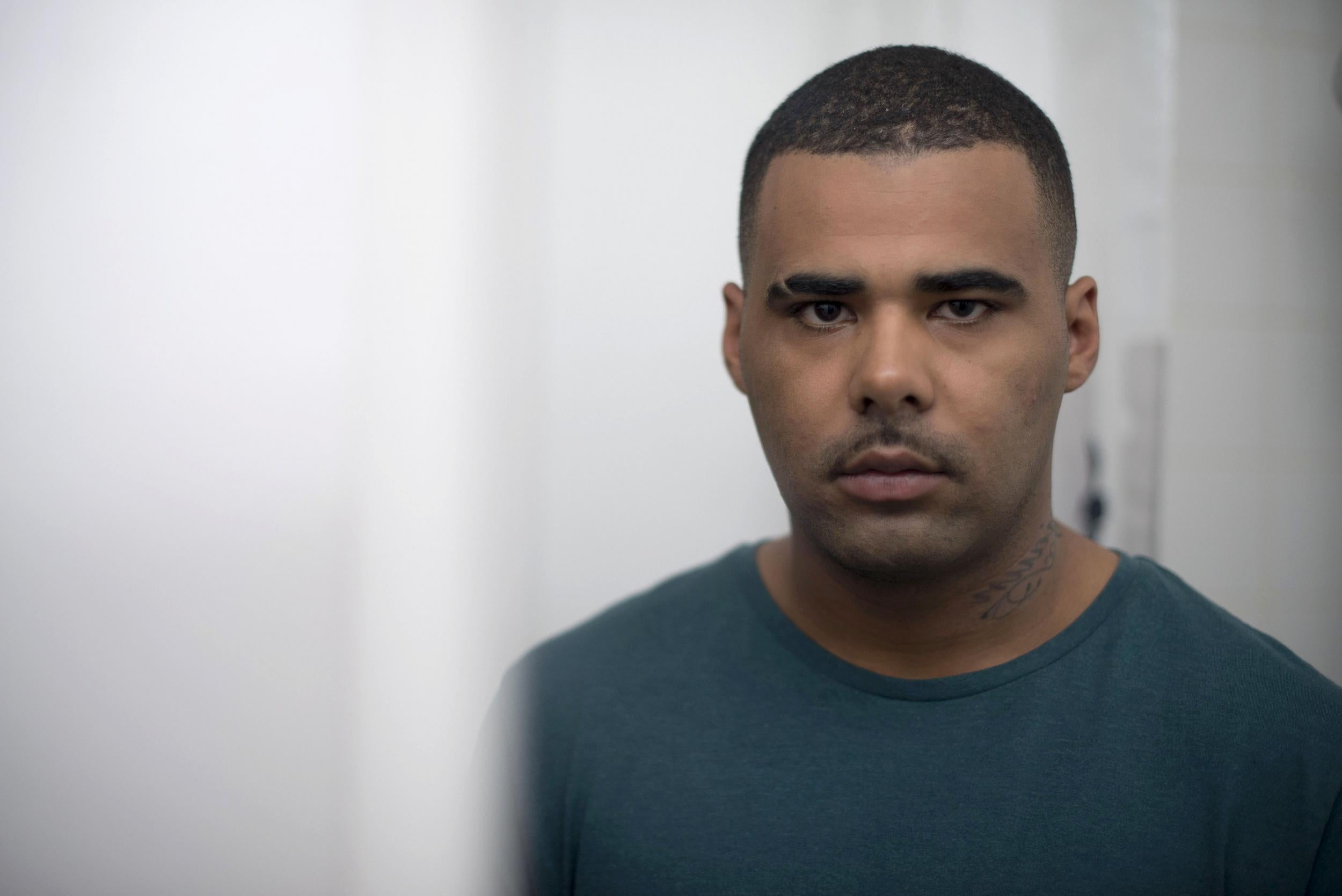TV preview, Lawful Killing: Mark Duggan – a tragic and endlessly involving story
Looking ahead to Lawful Killing: Mark Duggan (BBC1, Monday 8.30pm) and Rillington Place (BBC1, Tuesday 9pm)

Who was Mark Duggan? History will remember him as the man whose killing, lawful or not, sparked the worst civil disturbances in modern British history, taking five further lives with them, not to mention the destruction of property, looting, racial tensions and much else. They were only five years ago, but for anyone who was exposed to this outbreak of mob rule – it felt close to the breakdown of civilisation of districts of the capital – the memory is still a chilling, unnerving, salutary one. For many, Mr Duggan remains a standing indictment of police attitudes to the black community, a symbol of injustice; for others, Duggan is a symbol of all that is wrong with society.
So who was this young man? How did he come to die? In 90 minutes of carefully structured and quite compelling television, the BBC’s Lawful Killing: Mark Duggan seeks to answer the question. It does so in a very BBC way – which is meant as a compliment, by the way. All sides of the story are put, the evidence of interested parties sifted and stated without bias, the facts stated as best they can be.
As the lawyers say, in many respects these facts are not in dispute or in doubt. Mr Duggan was a young man who had had his share of difficulties growing up on the Broadwater Farm estate in Tottenham, and had a couple of convictions for relatively minor crimes (receiving stolen goods and possession of cannabis). He was a father, and a good one, and he was also a womaniser. He had a supportive family. He was loved. He had also acquired at least one friend who was part of the drugs and guns scene in London. He had collected a gun from an address and was on his way to deliver it when he was intercepted by armed police. He was shot dead by one police officer with two bullets at about 6.15pm on Thursday 4 August 2011.
Trouble is, the most important facts about those few minutes are far from agreed. A gun – the gun? – was found some 14 feet away, the other side of a 5ft fence. No one knows how it got there. No one can be sure if Mr Duggan threw it there before he emerged from his minicab, or when he got out of it, or if it had been planted there by police, or – strangest of all – if it was some other coincidental found firearm (not likely).
It is agreed, though, that there was no forensic link – DNA, fingerprints, gun residue – to link Mr Duggan and the gun. It also seems clear (though disputed by the Met) that the initial accounts that emerged from the police to the media, intentionally or not, said that there had been an exchange of fire with the police and that a policeman had been shot (which he had, but only by another officer with a police bullet that had first passed through Mr Duggan’s arm/chest and embedded itself in the shot officer's radio). At times the account of the various forensic scientists about the movements of police officers and the trajectory of the bullets will remind you of the various theories posted about the Kennedy assassination, with which the shooting of Mark Duggan bears some parallels.
You will be no nearer the truth after watching this part-dramatised documentary account than you were before, but that’s not the BBC’s fault. Those very doubts and confusion make the story endlessly involving, and leave it an open wound. Whatever you think of Mark Duggan – and actor Louis “Dubz” Downie seems to catch his essence – we do not yet know everything we ought to about his life and death. His shooting was certainly one of our nation’s worst tragedies. “Lawful” is not the same as righteous.
The criminal career of John Reginald Halliday Christie, the creepiest if not the most prolific serial killer in British history, is well documented. The late Ludovic Kennedy, a brilliant journalist and broadcaster of his time, took an abiding interest in Christie’s crimes and the terrible miscarriage of justice that saw an innocent man crime for some of them.
This second episode of Rillington Place, the new three-part fictionalisation of the story, conveys the grey, cramped, semi-squalid reality of immediate post-war life extremely well, and there is a piercing poignancy to the players. I have to say that they had a tough act to follow in the memorable 1971 movie 10 Rillington Place, which starred Richard Attenborough as Christie, John Hurt as his duped lodger Tim Evans and Judy Geeson as Evans’s wife Beryl – but Tim Roth, Nico Mirallegro and Jodie Comer rise to that considerable challenge.
A bonus is Samantha Morton as the monster’s wife and eventual victim, Ethel, portrayed as a more spirited and and robust figure than most accounts credit her. I must say, though, it is all a gruesome tale, and no less so for being so familiar. Britain may once have been a place with less crime than today, but the lesson of Christie is that every civilisation and every age throws up its share of evildoers.
Subscribe to Independent Premium to bookmark this article
Want to bookmark your favourite articles and stories to read or reference later? Start your Independent Premium subscription today.

Join our commenting forum
Join thought-provoking conversations, follow other Independent readers and see their replies